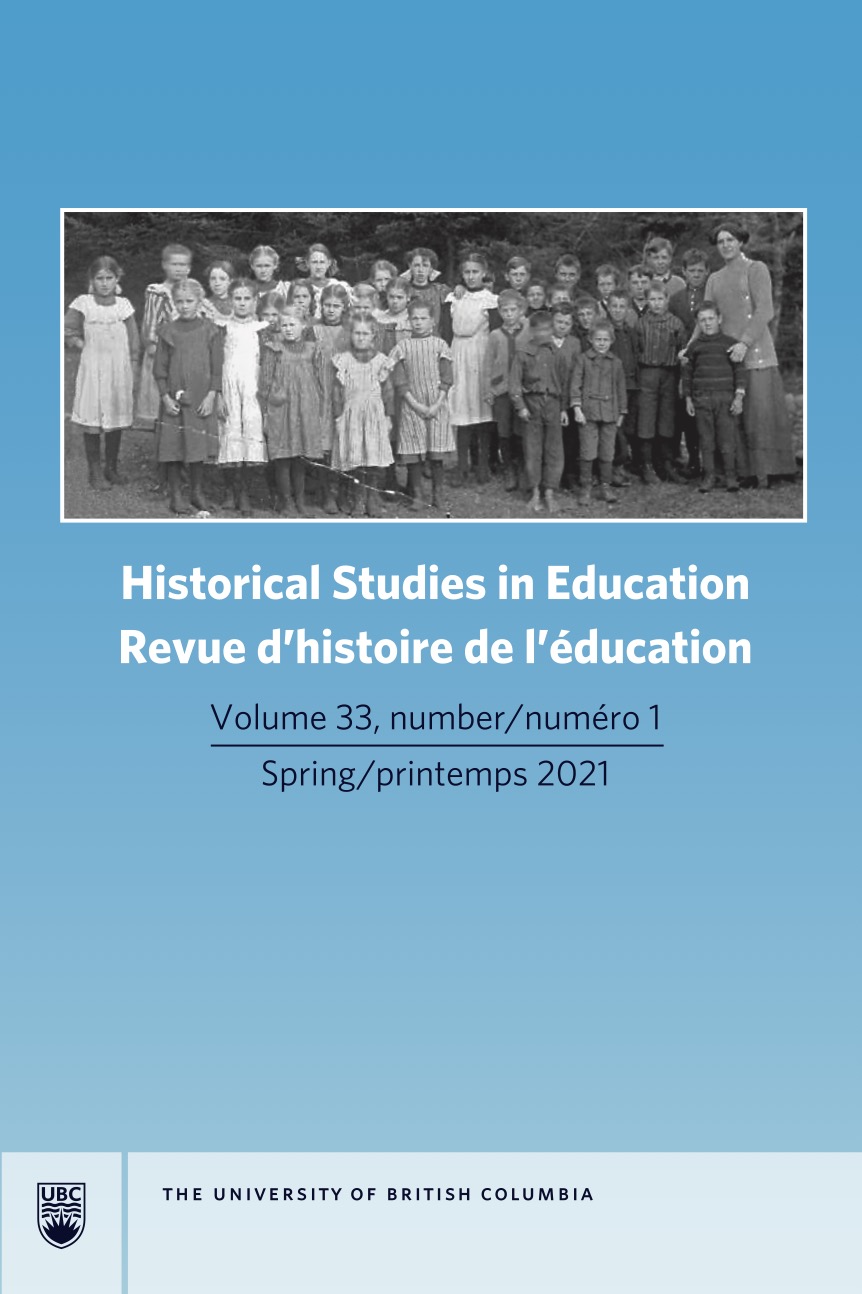- complex method,
- experimentalism,
- John Dewey,
- progressive education,
- Soviet education
- Soviet tourism,
- Soviet Union travel,
- utopianism ...More
Abstract
Progressive educators who travelled to the Soviet Union in the 1920s were often enthusiastic about the schools they visited, despite the fact that early Soviet educational reform had been chaotic and largely unsuccessful. The accounts of five such visitors, John Dewey, Scott Nearing, Lucy L.W. Wilson, Carleton Washburne, and George S. Counts are examined here. They show that this discrepancy between perception and reality was not the result of naivety or even self-censorship. Rather, I argue that the progressive education movement’s utopian outlook was a key factor in these educators’ reception of Soviet schools, enabling them to recognize serious shortcomings, while maintaining they were among the most important schools in the world. In their orientation to the future, they viewed Soviet schools as a laboratory, whose findings could advance the cause of the broader progressive education movement.
